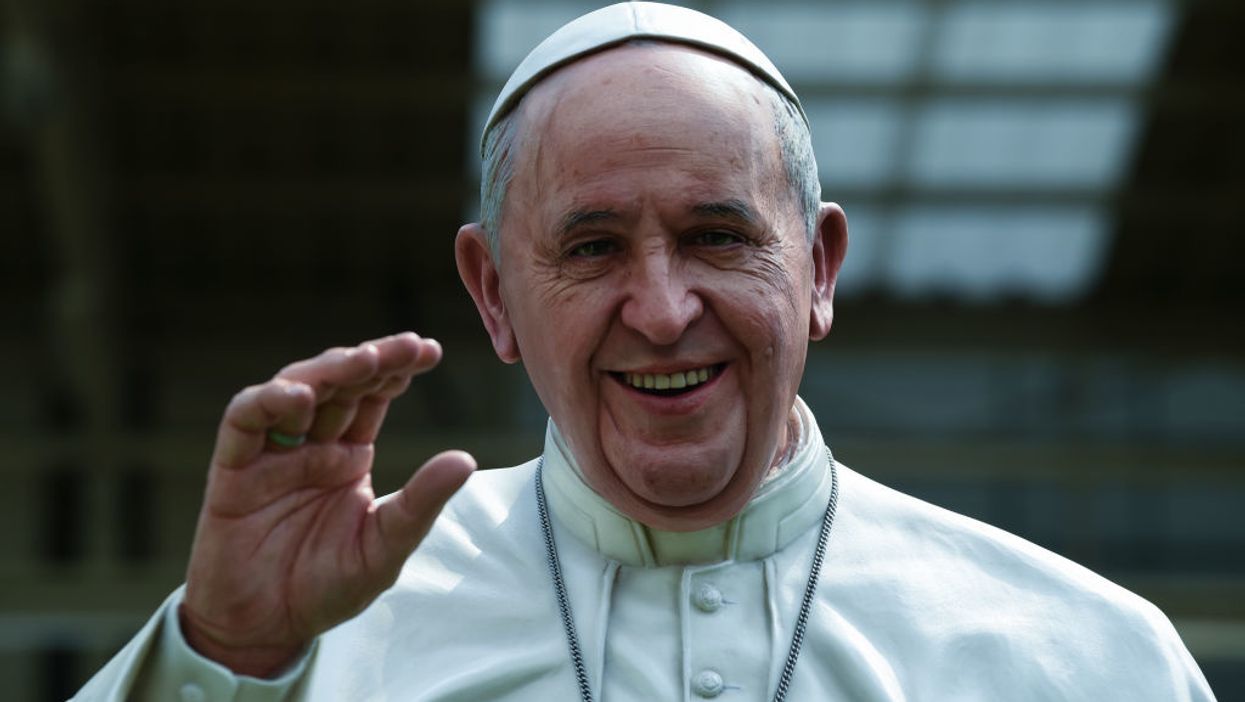
Photo by Anusak Laowilas/NurPhoto via Getty Images

'Sin against our common home'
Pope Francis said last week he is considering adding "ecological sin" to the Catholic Church's official teachings.
On Friday, the pope was delivering a speech to the 20th World Congress of the International Association of Penal Law in Rome, where he told hearers, "We have to introduce ― we are thinking about it ― to the Catechism of the Catholic Church the sin against ecology, the 'ecological sin' against our common home, because a duty is at stake."
Pope Francis has made environmental issues a major theme of his pontificate since his election in 2013.
He called climate change a "global problem with grave implications" and pushed for a reduction in the use of fossil fuels in an encyclical, "Laudato Si," published in 2015.
In 2016, the pope added environmentalism, or "care for our common home," to the Catholic Church's traditional seven works of mercy, which include feeding the hungry, giving drink to the thirsty, and sheltering the homeless.
He also added it to the Beatitudes, which are eight blessings enunciated by Jesus in the Sermon on the Mount and describe core principles of the Christian faith. The newly introduced beatitude reads: "Blessed are those who protect and care for our common home."
The potential addition of "ecological sin" to the catechism, the Catholic Church's compendium official teachings, would be controversial.
Top Catholic thinkers told LifeSiteNews that it's impossible for man to sin against inanimate objects such as the earth or the environment, but only against God and those created in His image.
Catholic author Dr. Peter Kwasniewski said that when human beings abuse creation, they are sinning against God or their fellow man, not the earth.
"There is no possible sin against planet Earth," Kwasniewski said. "All sins are ultimately against God or those who are in God's image. As all theologians have explained prior to the post-conciliar decline of theology, when we abuse the natural world or animals or plants, we are sinning against God their creator, who gave them to us to use for the right purposes and in accordance with their nature and ours."
The Wall Street Journal noted that this would not be Pope Francis' first change to the Catechism, published in 1992 under St. John Paul II,
In 2018, he strengthened language on capital punishment to state that the death penalty is "an attack on the inviolability and dignity of the person."